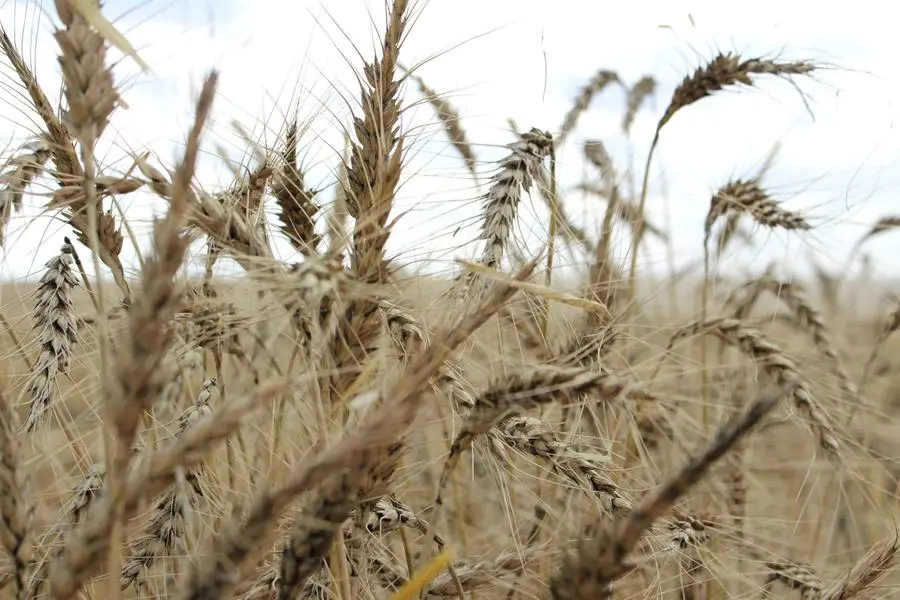PHOTO
Australia is likely to lower its wheat production forecast for 2023/24 by about a million metric tons as dry El Nino weather reduces yields, traders and analysts said, tightening global supplies hit by poor harvests in rival exporters.
The world's second largest exporter of the grain, Australia is a key supplier to top buyers such as China, Indonesia and Japan, but a strengthening of the El Nino weather event suggests more dry weather in store after the warmest winter on record.
"Compared to last year, the crop's going to be over 10 million tonnes smaller," said Ole Houe, of agricultural brokerage IKON Commodities. "It's a big loss."
On Tuesday traders and brokers expect the Australian Bureau of Agricultural and Resource Economics and Sciences (ABARES) to trim about a million tonnes from its June output forecast of 26.2 million tons, itself a 34% drop from the prior year.
That comes against the backdrop of three years of record-breaking Australian harvests following plentiful rainfall.
SUPPLIES DRYING UP
Drought is expected to send global wheat stockpiles among major exporters plunging to their lowest in more than a decade, a Reuters analysis shows.
Last week, Canada, the world's No. 4 wheat exporter, estimated lower output due to dry weather. Adverse weather is also hitting crops in Argentina, while heavy rain reduced wheat output in China.
"The Australian crop is likely to be below 25 million tons, as it has been hot and dry, especially on the east coast and some parts of Western Australia," said one Singapore-based trader, who sells Australian wheat to importers in Asia.
Prices have shrunk a quarter this year, weighed down by ample supplies of wheat from Russia, the world's top exporter, despite its war with Ukraine.
"The Canadian crop is going backwards, the Chinese crop is going backwards, the Indian crop might well lose 5 million to 10 million tons," Houe said. "The reduction in the Aussie crop is definitely not wanted."
For barley, ABARES's June forecast stood at 9.9 million tonnes, down 30% from the previous year.
But ABARES was less likely to downgrade that figure, Houe said, as Australia's barley crop had been less affected by hot dry weather. (Reporting by Peter Hobson; Editing by Clarence Fernandez)





















